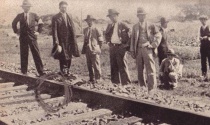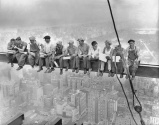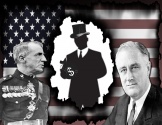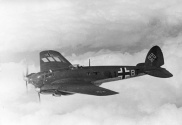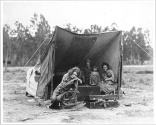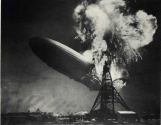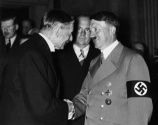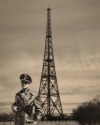Difference between revisions of "1930s"
(Reefer Madness) |
|||
| Line 7: | Line 7: | ||
The '''1930s''' was a time of increasing concern about [[fascism]] in [[Europe]]. | The '''1930s''' was a time of increasing concern about [[fascism]] in [[Europe]]. | ||
| − | ==Great | + | ==The Great Depression== |
| − | In the US particularly, widespread | + | {{FA|The Great Depression}} |
| + | In the US particularly, widespread deprivation was labelled "[[The Great Depression]]". | ||
==Military build up in Europe== | ==Military build up in Europe== | ||
Revision as of 08:34, 10 December 2019
| 1920s« | |
|---|---|
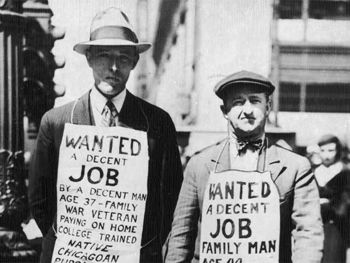 An image of the "great depression" in the US. | |
| A military build up in Europe culminated in World War II. |
The 1930s was a time of increasing concern about fascism in Europe.
Contents
The Great Depression
- Full article:
 The Great Depression
The Great Depression
- Full article:
In the US particularly, widespread deprivation was labelled "The Great Depression".
Military build up in Europe
The 1930s saw a rise in fascism in Europe, and a large military build up. Some Wall St investors, such as Prescott Bush[citation needed] and Brown Brothers Harriman helped Fritz Thyssen finance Adolf Hitler.[1]
World War II
- Full article: World War II
- Full article: World War II
In 1939, Adolf Hitler's Germany staged a false flag incident, the Gleiwitz Incident, and then invaded Poland. UK and France declared war as a response.
Reefer Madness
In USA, an intense anti-marijuana movement coalesced with an anti-Chicano; since marijuana was associated with Mexican-Americans, a ban on marijuana was seen as a way of discouraging Mexican-American subcultures from developing.[2] The 1937 Marijuana Tax Act levied an almost prohibitive tax on the drug and it was alleged to be a "gateway drug" that lead to heroin use[3], as promoted by the film Reefer Madness.

